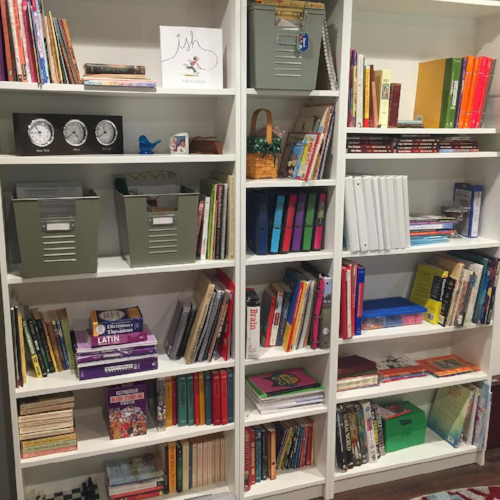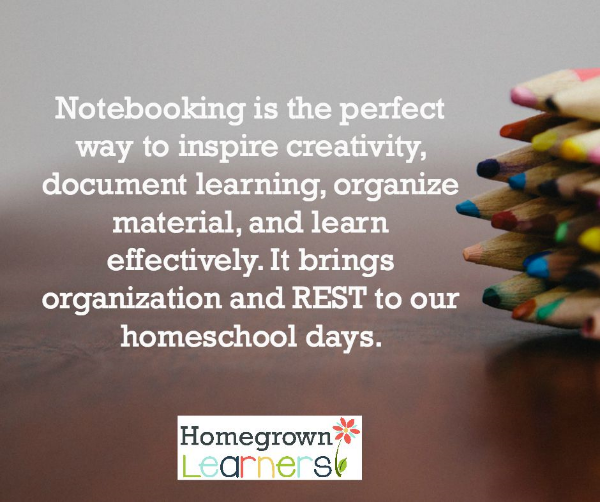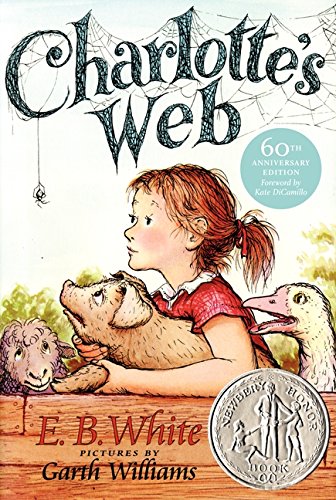One of the biggest challenges that comes with homeschooling "big kids" is fostering independence.
The middle grades years are relatively "low stakes" and are the perfect training ground for independence.
My ears perk up when I receives questions like this from readers:
The biggest question for me right now is teaching independence. I'm trying to move away from the "I need to sit here while you do this work" mode. But of course I can't leap right to the "here's your pile of work, now sit down and get it done" mode either!
What steps did you/would you take to foster independence?
I don't claim to have all the answers, but I can share what we have done with our children in their middle school years.
*This post contains affiliate links.
Relationship, Relationship, Relationship
When children are secure in their relationships, they are more secure in themselves and their independence.
Relationships with Parents:
Training the heart must come first.
Kids in our house (and I am sure it's true in other houses, too) are more compliant, cheerful, and overall more willing when our relationship is strong.
During the middle grades years relationships can be difficult. It would be so easy to "check out" with our adolescents, but this is precisely the time they need us MOST.
I've recently been re-reading a book that once changed my entire outlook on raising an adolescent. Hold On To Your Kids stresses the importance of the parent/child attachment and how this single factor determines so much of our children's values, academic success, and self esteem.
Kids crave closeness with their families at this age. They may not show it or say it, but they do. Take every step necessary to make your family their number one source of comfort, fun, and safety. We try to guide our children first and foremost, but also to be a source of FUN. If our children's needs are being met at home they are less likely to look to have them met elsewhere.
The parent/child relationship is paramount to our children gaining independence. The world does not value or protect this relationship. Do everything you can to keep your children close - you are what they need MOST at this age.
Relationships with Peers:
We were (and are) extremely vigilant about the peer interactions our middle schoolers have.
(This is where I am SO thankful we homeschool - peer interactions in traditional school get more than tricky at this age.)
Do your children have peers who care about them and support them? Don't accept the common notion that "middle schoolers can just be mean". This isn't so. I'm here to tell you middle schoolers can be lovely young people who care about each other. Teach your child to be discerning as they navigate their friends at this age.
You, as their parent, will also need to set some very strict guidelines on what types of friends they can and cannot have.
Both of my children participated in the Challenge program through Classical Conversations, where peer relationships were strong. We know these families. We share similar values.
This is also the age where many middle schoolers begin going to their church youth groups. Be careful as your children attend their youth gatherings. Often times this is the place where many of the worldly influences sneak in. It's best to keep a close eye on youth group at this age. I know of some youth groups that are wonderful, and others where the peer influences just aren't good.
A Weekly Schedule with Accountability
The Schedule
A schedule made by my children (with my careful supervision and guidance) at the beginning of each academic week has been VERY helpful in fostering independence.
No matter your school situation, train your child to create their own schedule. Build in accountability and allow them to make mistakes along the way!
In our situation my children were given all of their Challenge assignments in a guide book. After their weekly class meeting, we would sit down and plan out what each day would look like. They every.single.assignment and then posts their schedule above their desk.
It is a simple sheet, which is copied each week and then filled in - you could have your child design their own form for even more ownership. We tried a fancy planner and it just didn't work for us. This one sheet worked best for both of my children.
No matter your homeschooling method, program, or style -- you can model keeping a schedule and assist your child in creating their own schedule for increased independence.
A Dedicated Work Space
A dedicated work space can inspire organization and accountability in your child. It also makes your child feel that their work MATTERS and is deserving of a special place in your home.
As our children grew we decided to carve out a space for them in our basement. It is just around the corner from my husband's office (he works from home) - so the basement is definitely the "work" area.
Here you see the desk and shared computer area:
We also purchased bookshelves from IKEA to keep all of our homeschool books organized neatly.
You would be amazed at what good organization and a dedicated space does for a child's independence!
All of this is a work in progress.
Many days it's hard to follow a schedule, work in your dedicated space, and maintain good relationships. It's almost as if this is an ongoing process - training the heart and independence issues. This, however, (from what I have gleaned from veteran homeschool moms) is NORMAL and NECESSARY.
Do not be discouraged if it is slow going, moms. You are doing important work which takes time and patience. Rome wasn't built in a day, and neither is your child's homeschool independence.
As I was talking with a good friend of mine today (who has a son the same age as my oldest) she mentioned something irresponsible/immature her child had done. She said to him (jokingly), "What are you? 13? Oh right. You are 13!"
We need to remember our children are exactly that - CHILDREN. Set your expectations high, but keep in mind their age and what you are asking of them. Remember to give grace and forgiveness liberally! Sometimes we feel the weight of the world on our homeschooling shoulders. Pray, foster relationships, and love your children.
We have such amazing children we are nurturing!
Do you have any specific tips for fostering independence in your middle grades child?
Please share in the comments below!
You might also enjoy:
Book Series for Middle School Boys
Homeschooling the Middle School Boy




























